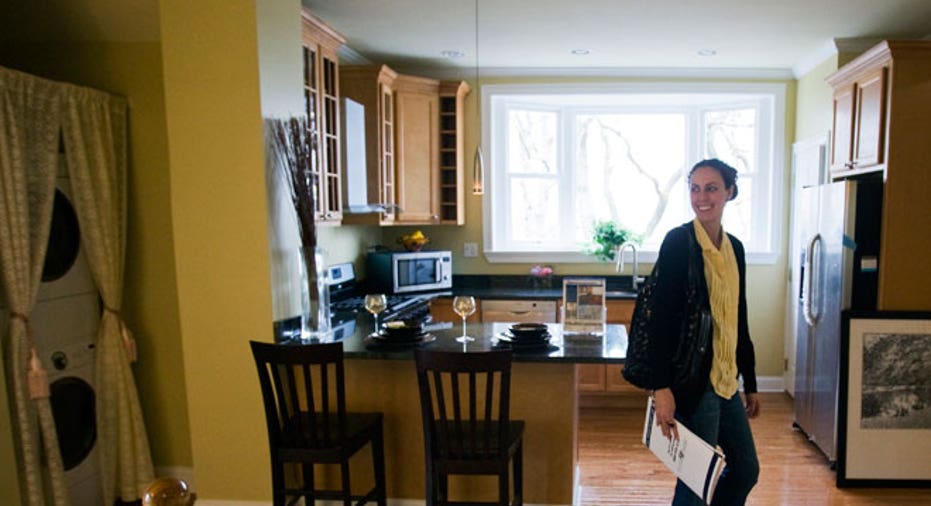First-Time Homebuyers: Don’t Make these Mistakes

Congratulations, you are ready to buy your first home. Now hold on, the process is often long and confusing.
First-time buyers may have the urge to embark on this milestone alone, but experts warn the process can be confusing, especially without proper research.
Mistakes are bound to happen, says Adam Leitman Bailey, author of Finding the Uncommon Deal, but buyers need to be prepared for a long process. “It’s like the first time you ride a bike. When people shop online, they will spend hours looking for the best deal and price. But no one spends the time learning how to buy a home, and it is likely your biggest investment ever.”
One of the first steps that many novice buyers make is not making a detailed budget to learn what they can actually afford, says Andrew Rogovic, associate broker from Better Homes and Gardens Rand Realty in Rye, N.Y.
“They have to figure out what they can qualify for financially,” he says. “They get caught up in what they can buy, but you have to think about if you can actually carry the mortgage.”
Leitman Bailey recommends shopping around for lenders to compare rates and terms to find the best broker.
“Most people rely on lenders to purchase the property,” he says. “And lenders have tightened their belts on how much a person can borrow… You could waste many hours shopping for a home that you cannot afford.”
Here are a few additional mistakes first-timers make, and how to avoid them:
No. 1: Not knowing your total budget. The cost of buying home extends far beyond monthly mortgage payments.
“It’s what you can put down as a down payment, what you can afford as a monthly payment,” Leitman Bailey says. “You have to find out from the bank what they are willing to give you and then educate yourself what you can afford to spend.”
Rogovic says many people may be able to afford their monthly payment but once taxes are added in, a home becomes unaffordable. “They often don’t realize their taxes are much higher than they expected.”
No. 2: Not knowing the area. It’s all about location when entering the real estate world and that goes beyond just the immediate neighborhood.
“Find out the positives and negatives in the area,” Rogovic says. “And know the price point for the part of town you are buying in. Some people find out the ‘market value’ wasn’t worth it.”
No. 3: Forgoing a home inspection. Having a proper home inspection done is an essential part of knowing how much the home actually costs, says Leitman Bailey.
“You don’t really know the price of a home until you know the repairs that are needed. Even though the home might cost $300,000, if there are $200,000 in repairs, it’s really $500,000.”



















